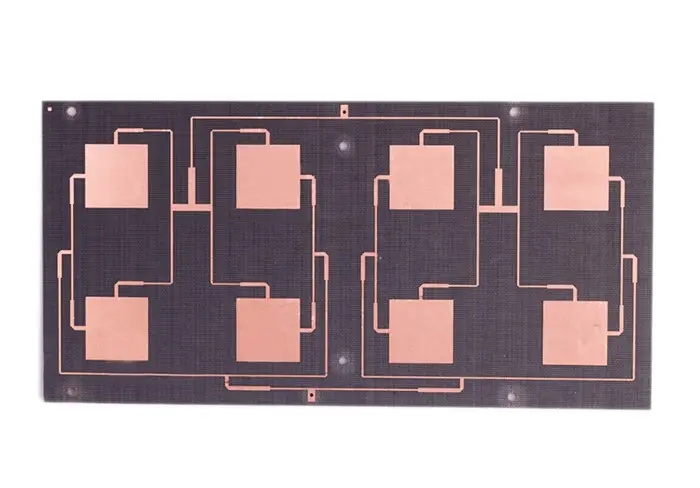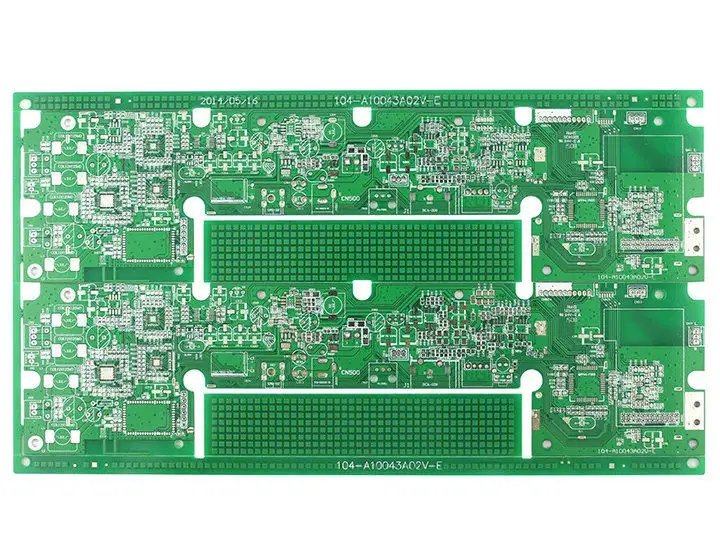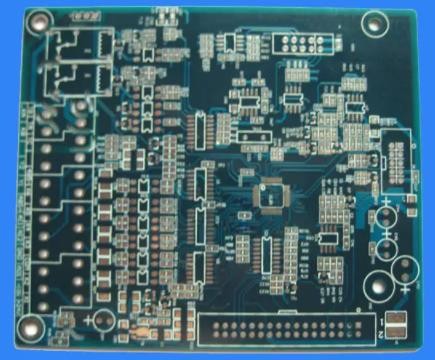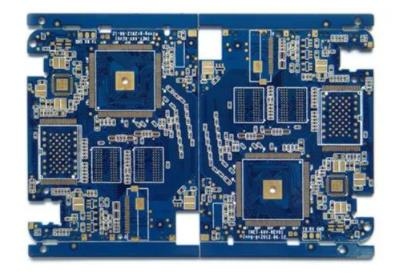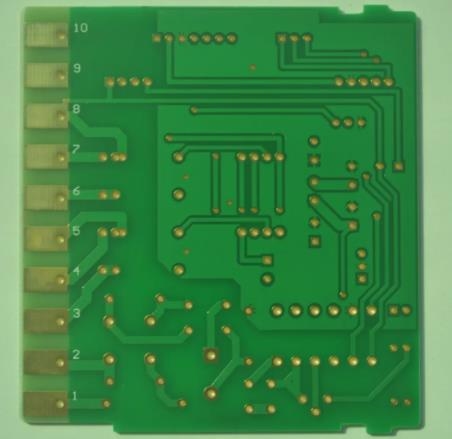
Experience sharing of PCB hardware design for electronIC engineers
As an important part of hardware design, PCB layout is an absolutely important indicator that affects the performance when the hardware circuit design is reasonable. Many PCB Layout engineers complete the layout and routing according to the constraint rules given by hardware engineers or PI SI engineers, which are commonly known as "wire pullers". They repeatedly and mechanically complete the PCB layout one by one. After a period of time, some of them may have such experience: which should be made equal length, which should be thick, which should be parallel, and ensure the appropriate line spacing. However, they rely on so-calLED experience, and many of them know it but do not know why. I think if we want to make a breakthrough, we must broaden our knowledge. That is, PCB Layout engineers cannot let others treat them as "wire pullers".
First of all, you should have a certain circuit understanding ability (of course, the design ability like that of a hardware engineer is not necessary. If you can, it is better);
Secondly, the ability of SI/PI engineers to do PI/SI analysis is required (of course, the ability of RF SIMulation is not necessary, if so, it is better). With this knowledge, you not only have the ability to design a good PCB, but also have the capital to theorize with hardware and SI/PI engineers, and even give their circuit design suggestions from PCB design.
Without saying much, some principles summarized from some PCB designs:
1、 About Layout
1. Layout is to place circuit components reasonably. The placement is reasonable. A simple principle is clear modular division. That is to say, people with a certain circuit foundation can see which PCB is used to achieve what functions.
2. SpecifIC design steps: first, generate the initial PCB file according to the schematic diagram, complete the pre layout of PCB, determine a relative PCB Layout area, and then tell the structure that the structure is based on the area we give, and then give specific constraints according to the overall structure design.
3. According to the constraints of the structure, complete the drawing of plate edges, positioning openings and some prohibited areas, and then complete the placement of connectors.
4. Principles for placement of components: Generally, the main control MCU is placed in the center of the board, and then the interface circuit is placed close to the interface (such as network port, USB, VGA, etc.), and most interfaces are provided with ESD protection and filtering processing. The principle is to protect before filtering.
5. Then there is the power module. Generally, the main power module is placed at the power inlet (such as the system 5V), and the discrete power modules (such as the 2.5V power supplied by the module circuit) can be placed in the denser place of the same power network according to the actual situation.

6. Some internal circuits are not connected to connectors. We generally follow such a basic principle: high-speed and low-speed sub regions, analog and digital sub regions, interference sources and sensitive receptors sub regions.
7. Then, for a single circuit module, follow the current flow direction when designing the circuit.
The overall circuit layout is roughly like this. We welcome God to add and correct.
2、 About Routing
1. The basic requirement for cabling is to ensure that all networks are effectively connected. Connectivity is easy to achieve, and efficiency is a relatively vague concept. In fact, there are no more than two kinds of signals in the circuit: digital signals and analog signals. For digital circuits, it is to ensure adequate noise tolerance. For analog signals, it is necessary to achieve zero loss.
2. Before wiring, it is generally necessary to understand the stacking design of the entire PCB board, that is, plan all the wiring layers as: optimal wiring layer, sub optimal wiring layer...., The optimal routing layer, that is, the complete ground plane of adjacent interviews, is generally used to distribute important signals (including all signals in DDR, differential signals, analog signals, etc.). Other signals (I2C, UART, SPI, GPIO) go to other layers, and ensure that only the circuit related signals (such as DDR, network port, etc.) exist in important areas
3. Reflection, crosstalk, EMC and other issues need to be considered in high-speed signal wiring, so impedance matching is generally required, such as single line 50R, differential line 100R, etc. The actual design shall prevail (the principle is to ensure equal and continuous impedance). In terms of crosstalk, the 3W/2W principle, including ground handling, etc. is mainly considered.
4. For the power supply and power circuit, it is necessary to ensure sufficient carrying capacity, that is, the whole return circuit strength of the power supply should be as thick and short as possible. From the EMC point of view, the return circuit is a loop, forming a loop antenna and radiating outward, so the loop area should be reduced as much as possible.
The overall circuit wiring is roughly like this. We welcome God to add and correct.
3、 About
1. Grounding and grounding design are very important in PCB design, because as an important reference plane, if the ground plane design is wrong, other signals cannot be stable.
2. Generally, we can divide it into chassis and system. As the name implies, chassis is the ground to which the sheet metal of the product is connected. Systematically, it is the reference plane of the entire circuit system.
3. The practical principle of the general system and the enclosure is: the enclosure and the enclosure are systematically separated, and then the magnetic bead and the high-voltage capacitor are systematically connected at one or more points.
4. Systematically: from the functional point of view, it can be divided into digital ground, analog ground and power ground. (There has always been a dispute about the geographical division. I have my own opinion.)
First of all, if the layout is very reasonable, I think the land can not be divided. The layout is very reasonable, that is, there are only digital signals in the digital area, only analog signals in the analog area, and only power signals in the power area, and there are complete ground planes below them. Because the current and water flow are very similar, they all flow to the lower part, and there is a complete ground below them. Therefore, from the principle of shortest and lowest, they directly flow back below, without going to other places.
However, sometimes, it is not so ideal, and there are some intersections in various regions. At this time, we usually choose a single point of understanding and use 0R resistance (it is not recommended to use magnetic beads because they have filtering effect at high frequencies). The resistor is placed close to the place with the densest cross, so the area of current will be the SMAllest.
PCB manufacturers, PCB designers and PCBA manufacturers will share their experience in PCB hardware design with electronic engineers.


